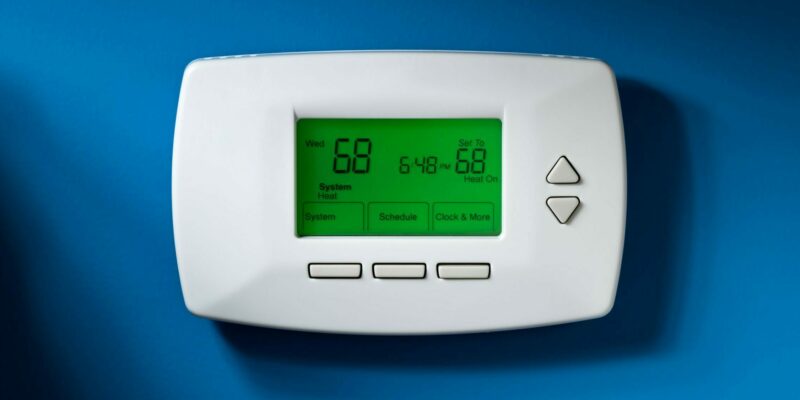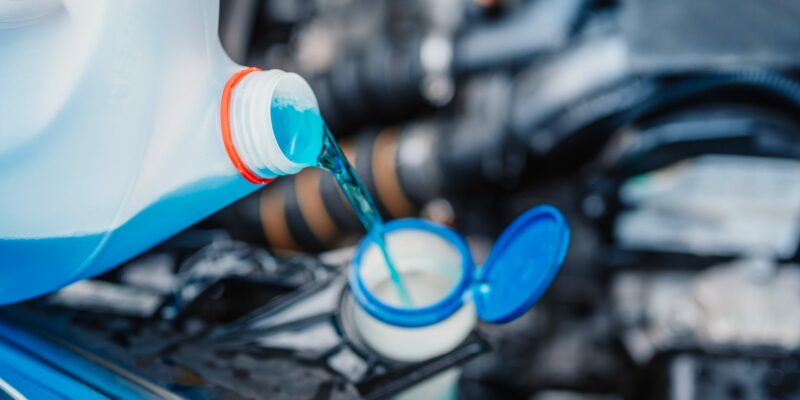Key Points/Overview
Ethylene glycol is primarily used in the manufacture of PET plastic resin used to make beverage containers for soda, water and juice, and polyester fiber for clothes, upholstery, carpet and pillows.
Ethylene glycol is a key ingredient in automotive antifreeze and coolant, to help keep a car’s engine from overheating or from freezing in the winter. It is a major component of deicing solutions used in cars, boats and aircraft, as well as on airport runways during the winter. According to the CDC, skin contact with a very small amount of ethylene glycol when using automobile antifreeze “will not affect your health.”
Ethylene glycol can be poisonous if ingested, and many states require the addition of a bittering agent to antifreeze to deter ingestion.
FDA has approved ethylene glycol as an indirect food additive for use as a component of adhesives used in food packaging.
Uses & Benefits

Industrial Applications
fThe primary use of ethylene glycol is for polyethylene terephthalate (PET) plastic resin used to make beverage containers for soda, water and juice, and polyester fiber for clothes, upholstery, carpet, and pillows. Ethylene glycol has a variety of other industrial uses, including:
- The manufacture of fiberglass used to make products such as jet skis, bathtubs and bowling balls.
- The manufacture of ink for ballpoint pens and other inks. Ethylene glycol helps increase ink viscosity and makes it less likely to evaporate.
- Heat transfer fluids such as industrial coolants for gas compressors, heating, ventilating, and air-conditioning systems and ice skating rinks. Ethylene glycol gives industrial coolants properties that help them flow through cooling systems while withstanding extreme hot and cold temperatures.

Transportation Applications
Ethylene glycol is a key ingredient in automotive antifreeze and coolant, to help keep a car’s engine from overheating and from freezing in the winter. Ethylene glycol is a major component of deicing solutions used in a variety of transportation applications, including cars, boats and aircraft, as well as on airport runways during the cold winter months. Ethylene glycol also is an ingredient in hydraulic brake fluid products.

Safety Information
A person could be exposed to ethylene glycol through skin contact when using automobile antifreeze. According to the U.S. Centers for Disease Control (CDC), skin contact with a very small amount of ethylene glycol in conditions like these “will not affect your health.”1 Ethylene glycol can be poisonous if ingested. Many states now require the addition of a bittering agent to antifreeze to help prevent the ingestion of antifreeze.
The Occupational Safety and Health Administration (OSHA) has not set a permissible exposure limit for ethylene glycol.2 The American Conference of Governmental Industrial Hygienists (ACGIH) recommends a ceiling exposure limit of 100 milligrams/cubic meters (m3) or 39.4 ppm (parts per million).3
The U.S. Food and Drug Administration (FDA) has approved ethylene glycol as an indirect food additive, for use as a component of adhesives used in food packaging.4
Sources
- Ethylene Glycol | Public Health Statement | ATSDR (cdc.gov)
- Toxicological Profile for Ethylene Glycol (cdc.gov)
- New Jersey Department of Health – Ethylene Glycol 0878.pdf (nj.gov)
- CFR – Code of Federal Regulations Title 21 (fda.gov)
- Ethylene Glycol: Systemic Agent | NIOSH | CDC
- Britannica glycol | Definition, Structure, Uses, & Facts | Britannica
- Propylene glycol | C3H8O2 – PubChem (nih.gov)


